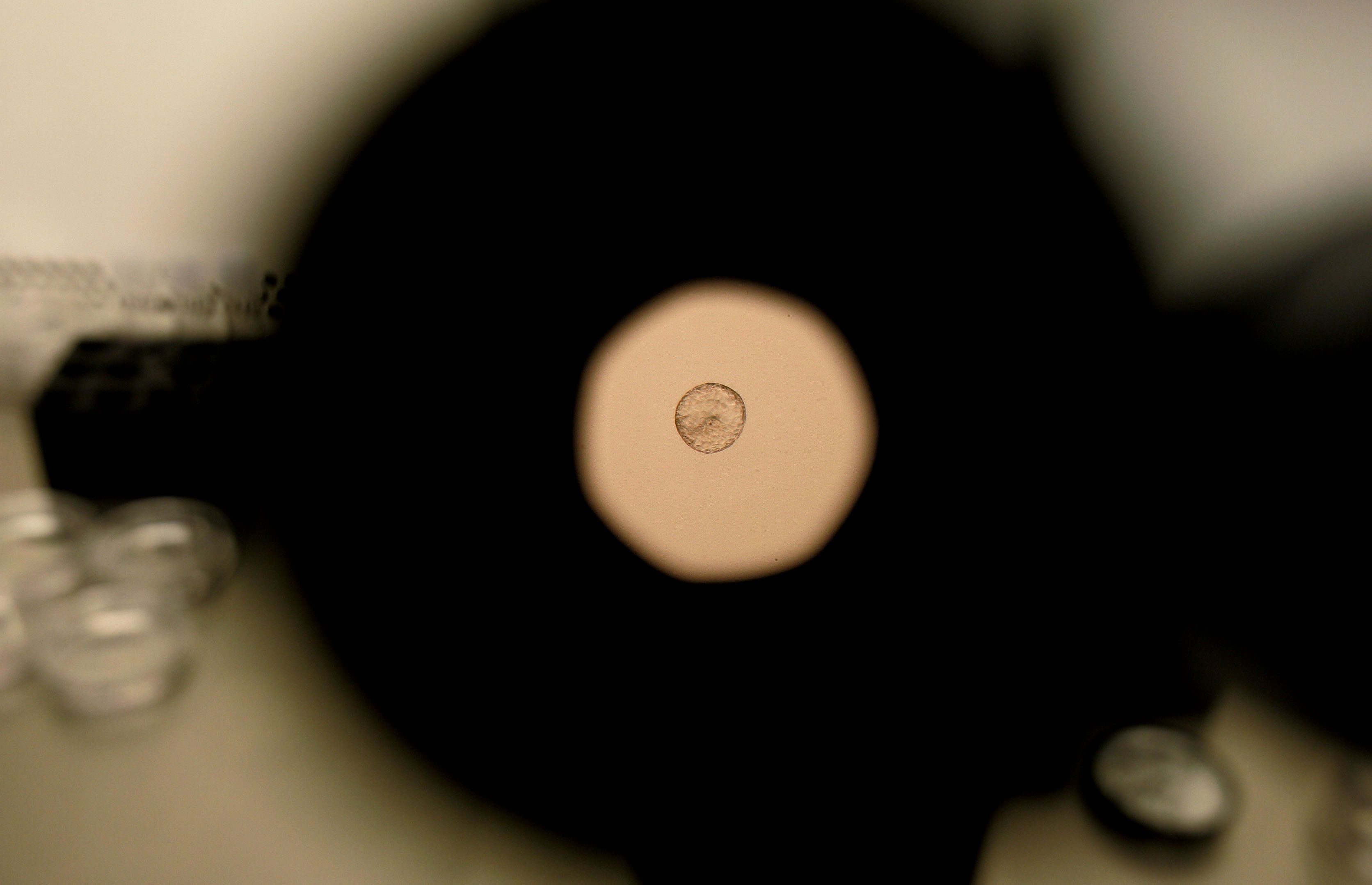Scientists Just Caught Human Embryo Implantation on Camera
…

Scientists Just Caught Human Embryo Implantation on Camera
A groundbreaking study has recently revealed that scientists have successfully captured the moment of human embryo implantation on camera for the first time ever. This monumental discovery sheds light on the intricate process of embryo development and could potentially revolutionize our understanding of early human reproduction.
The study, led by a team of researchers at a leading research institution, utilized state-of-the-art technology to capture high-resolution images of embryo implantation in real-time. By closely monitoring the process, scientists were able to observe the complex interactions between the embryo and the uterine lining, providing invaluable insights into the earliest stages of human development.
The images captured during the study showcase the remarkable precision and coordination involved in embryo implantation, highlighting the delicate balance of signals and mechanisms at play. This groundbreaking research has the potential to greatly impact our understanding of fertility treatments and reproductive disorders, offering new possibilities for improving assisted reproductive technologies.
Furthermore, this discovery also holds immense promise for advancing our knowledge of embryonic development and prenatal health. By gaining a deeper understanding of the implantation process, scientists may be able to uncover new ways to prevent pregnancy complications and fetal abnormalities, ultimately leading to improved outcomes for both mothers and babies.
Overall, the groundbreaking study that captured human embryo implantation on camera represents a major milestone in the field of reproductive biology. As researchers continue to explore the intricacies of early human development, we can expect further breakthroughs that will shape our understanding of reproduction and pave the way for new advancements in assisted reproductive technologies.







